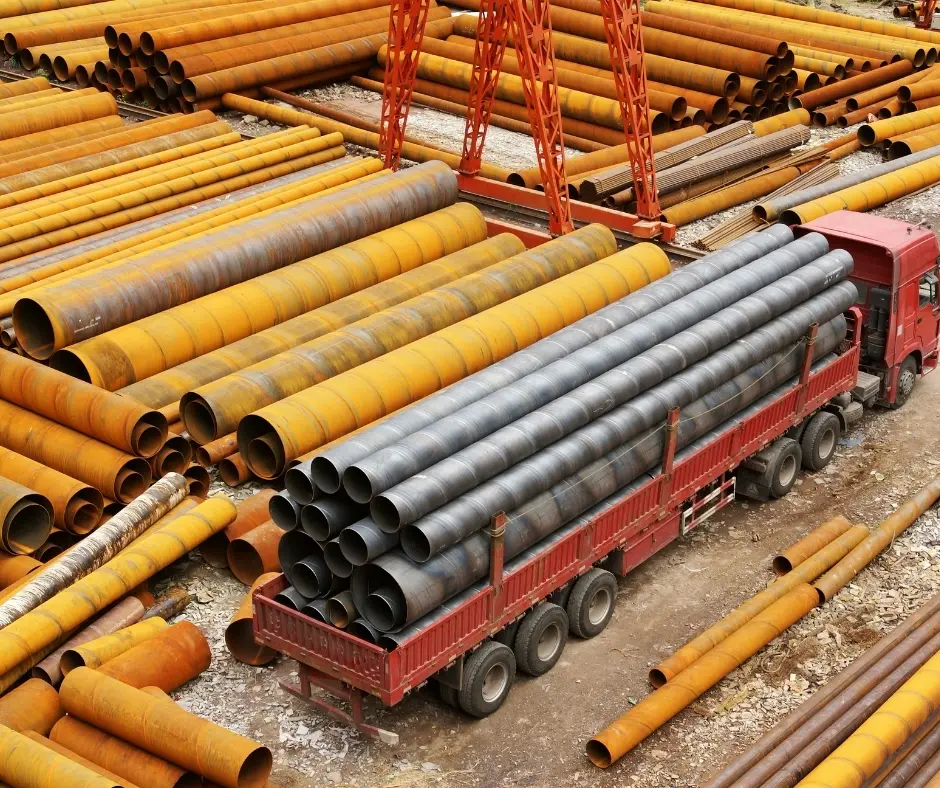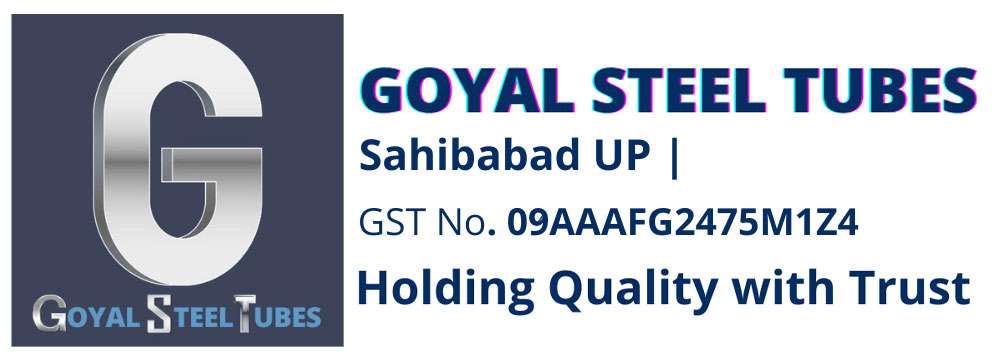
Industrial Steel and Tubes: A Key Element in the Construction Market
The construction industry and building material market depend heavily on steel, which is an essential component of construction materials, such as pipes, tubes, and fittings. Industrial steel is widely used across various industries, including automotive, aerospace, and construction. However, in today’s article, our focus is on the significance of industrial steel and tubes in construction for building materials and fittings.
Industrial Materials
Industrial materials are the essential components in the construction industry, serving as a foundation and support system for the entire structure. Industrial steel is one of the most widely used materials in the construction industry, which is of various types such as galvanized steel, carbon steel, and stainless steel. Industrial steel’s durability, strength, and corrosion resistance make it a preferred material in the construction of buildings, bridges, roads, and other infrastructure projects.
The construction industry requires steel in large quantities, which explains why the market demand for industrial steel remains high, with much of it coming from the pipe and tube manufacturing sector. The industrial steel can come in different grades, lengths, sizes, and thicknesses to match the specific needs of construction projects.
Steel Tubing
Steel tubing is a specific type of industrial steel that has a hollow interior allowing fluids or gas passage, making it suitable for the construction of piping systems. Steel tubing can be round, rectangle, or square, with varying diameters, thicknesses, and lengths to satisfy different pipeline needs.
The construction industry uses steel tubing in various applications, primarily for the distribution of water, gas, or steam. Steel tubing is a more durable and robust option compared to other materials like plastic or copper used for piping systems. The tubes are resilient and can withstand high pressures and temperatures, making them ideal for extreme conditions and harsh environments.
Industrial Steel and Tubes in the Pipe Market
The pipe market is one of the major consumers of industrial steel and tubes. Pipes are used in various applications in construction, such as water and gas distribution, sewage systems, and even structural supports. Steel pipes, which are made from industrial steel, are the preferred option for most construction needs due to their many advantages over other materials.
Steel pipes are highly durable, reliable, and resistant to damage and corrosion. Pipes for buried applications are typically coated externally and internally to prevent corrosion from exposure to harsh environmental elements. Moreover, steel pipes have a longer lifespan compared to other materials, reducing the need for frequent replacement.
The pipe market for industrial steel and tubes is expected to grow in the next few years, driven primarily by the increase in the construction industry’s demand. With the rising population, the need for more residential and industrial structures is a key driver for the pipe market’s growth.
Conclusion
The construction industry and building materials market rely heavily on steel and steel tubing, which is why industrial steel and tubes continue to be key elements in the pipe market. Steel is an ideal material for construction due to its strength, durability, and corrosion resistance. Steel tubing is especially useful in piping systems due to its ability to withstand high pressure, temperature, and harsh environments. The use of industrial steel and tubes is expected to increase, particularly in emerging markets, due to the rise in infrastructure projects. As such, the steel and tube market is expected to benefit from the increasing demand with the production of high-quality steel at reasonable prices.
- by goyalsteeltubes123
- on April 10, 2023
